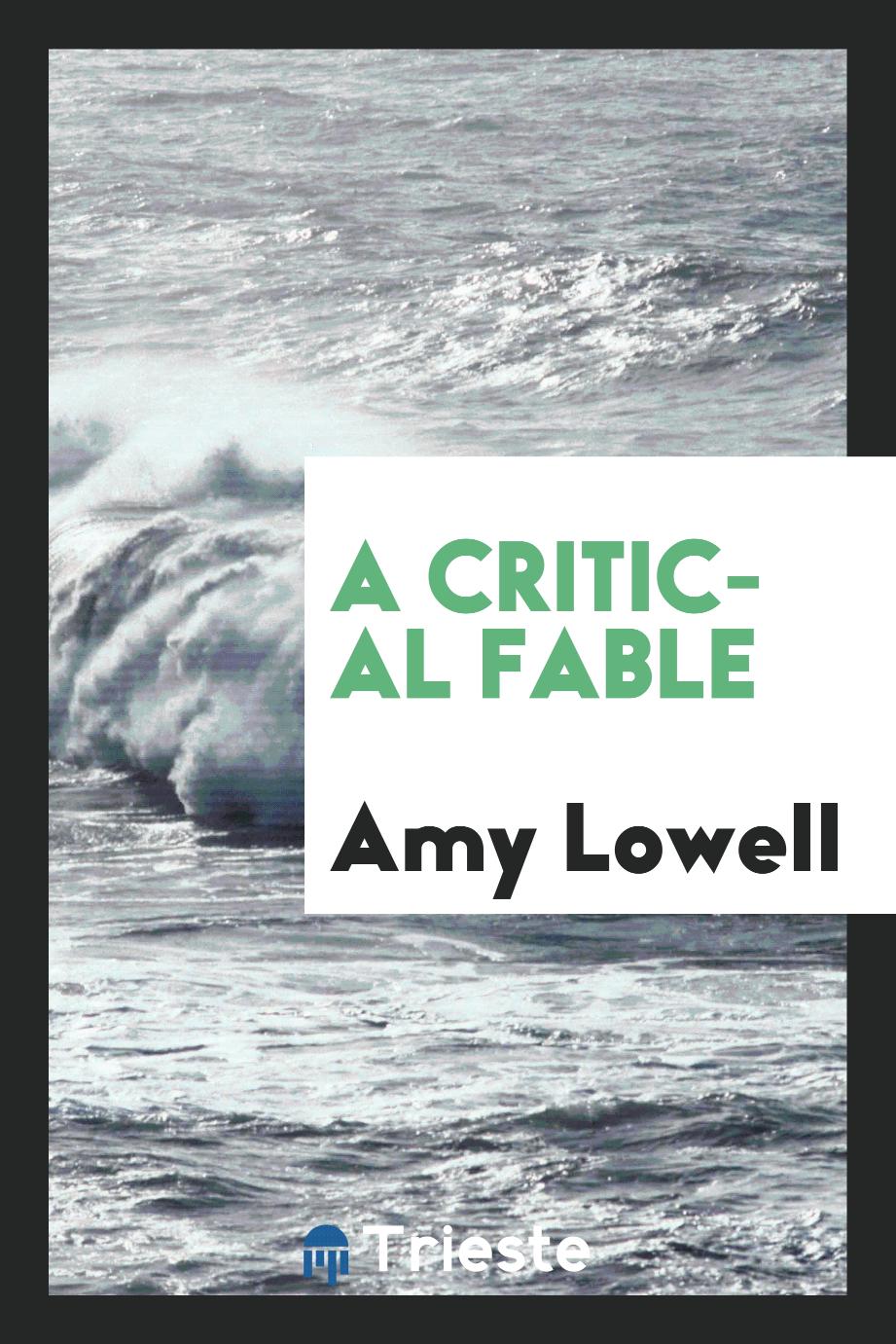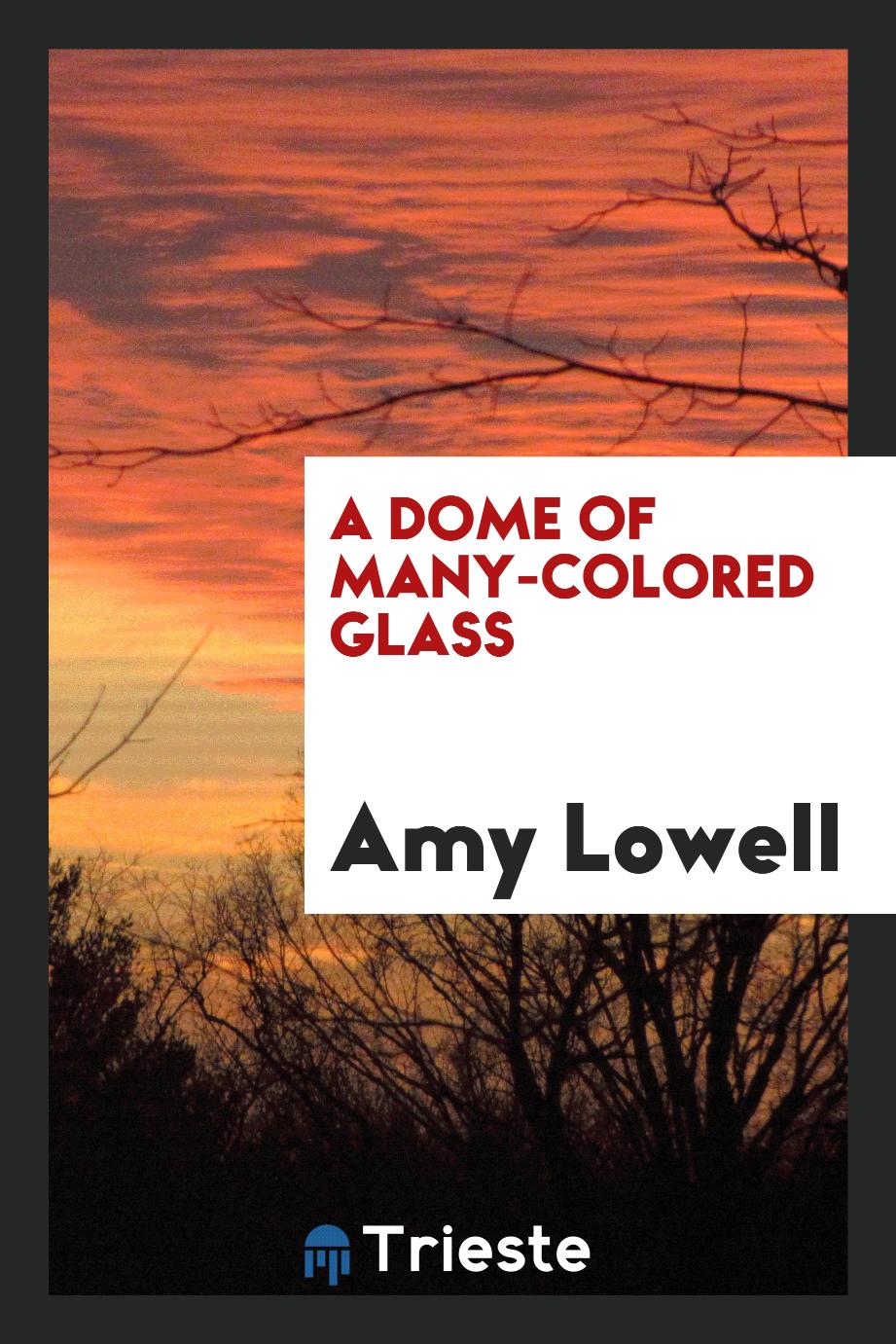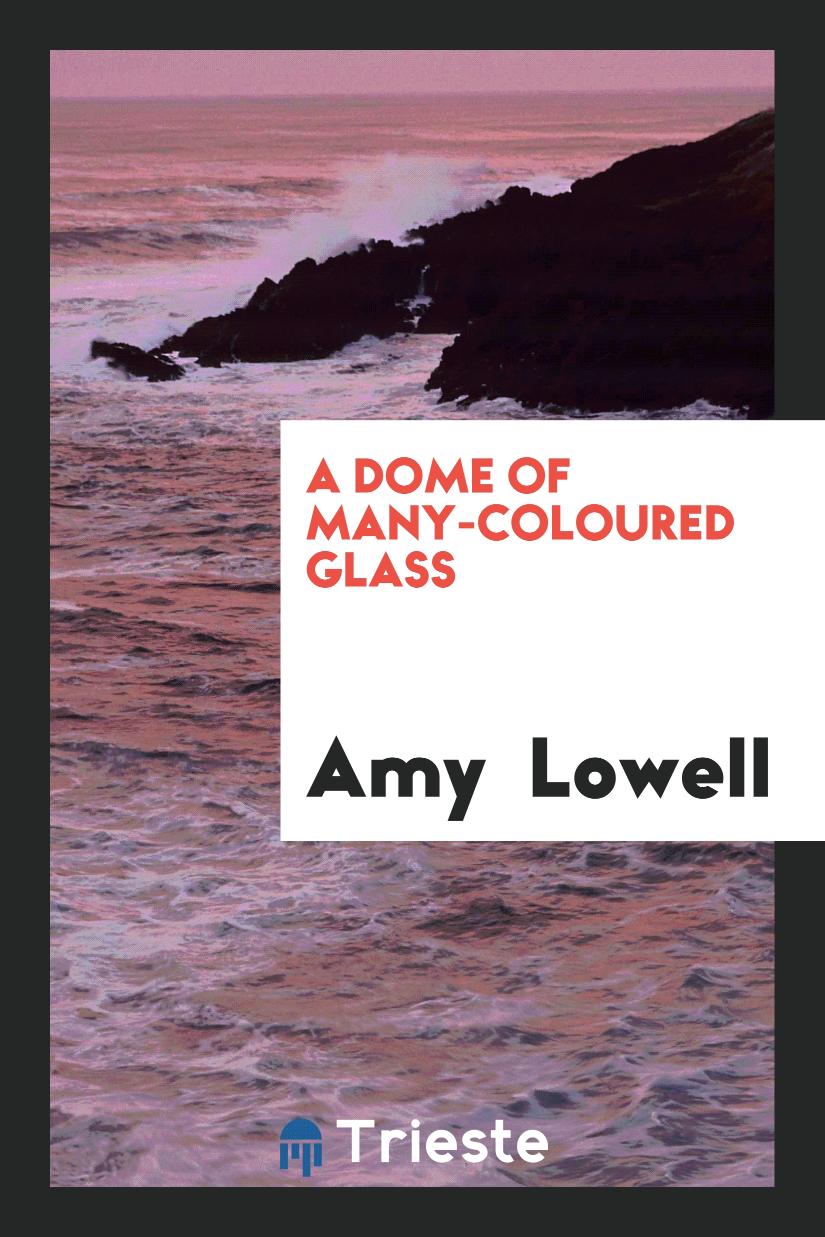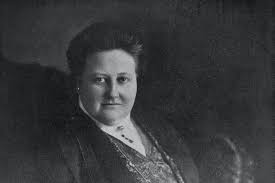
Amy Lowell
Amy Lawrence Lowell (February 9, 1874 - May 12, 1925) was an American poet at an adult school from Brooklyn, Massachusetts. She received the Pulitzer Prize for poetry posthumously in 1926. Amy Lowell was born on February 9, 1874, in Boston, Massachusetts, the daughter of August Lowell and Catherine Bigelow Lowell. A member of the Brahmin family of Lowell, her brothers and sisters were the astronomer Percival Lowell, educator and legal scholar Abbott Lawrence Lowell, and Elizabeth Lowell Putnam, one of the first prenatal care activists. They were the great-grandchildren of John Lowell and, on the maternal side, the grandchildren of Abbott Lawrence. The school was a source of despair for the young Amy Lowell. She believed that she was developing “masculine” and “ugly” traits, and she was an outcast in society. Among her classmates, she had a reputation for being frank and self-confident. Lowell never went to college because her family did not consider it advisable for a woman to do this. She made up for this shortcoming by energetic reading and an almost obsessed collection of books. She lived as a secular and traveled a lot, turning to poetry in 1902 (28 years old) after she was inspired by the work of Eleanor Douz in Europe. Lowell is said to be a lesbian, and in 1912 she and actress Ada Dwyer Russell were recognized as lovers. Russell is considered the theme of Lowell’s more erotic work, in particular, the love poems contained in “Two Speak Together,” subsection, “Pictures of the Floating World.” The two women traveled together to England, where Lowell met Ezra Pound, who immediately became one of the main authorities and critic of her work. Pound believed Imagism’s embrace by Lowell was a kind of motion capture. Lowell was romantically connected with the writer Mercedes de Acosta, but the only evidence of any contact between them is a brief correspondence about the planned memorial for Dewes.
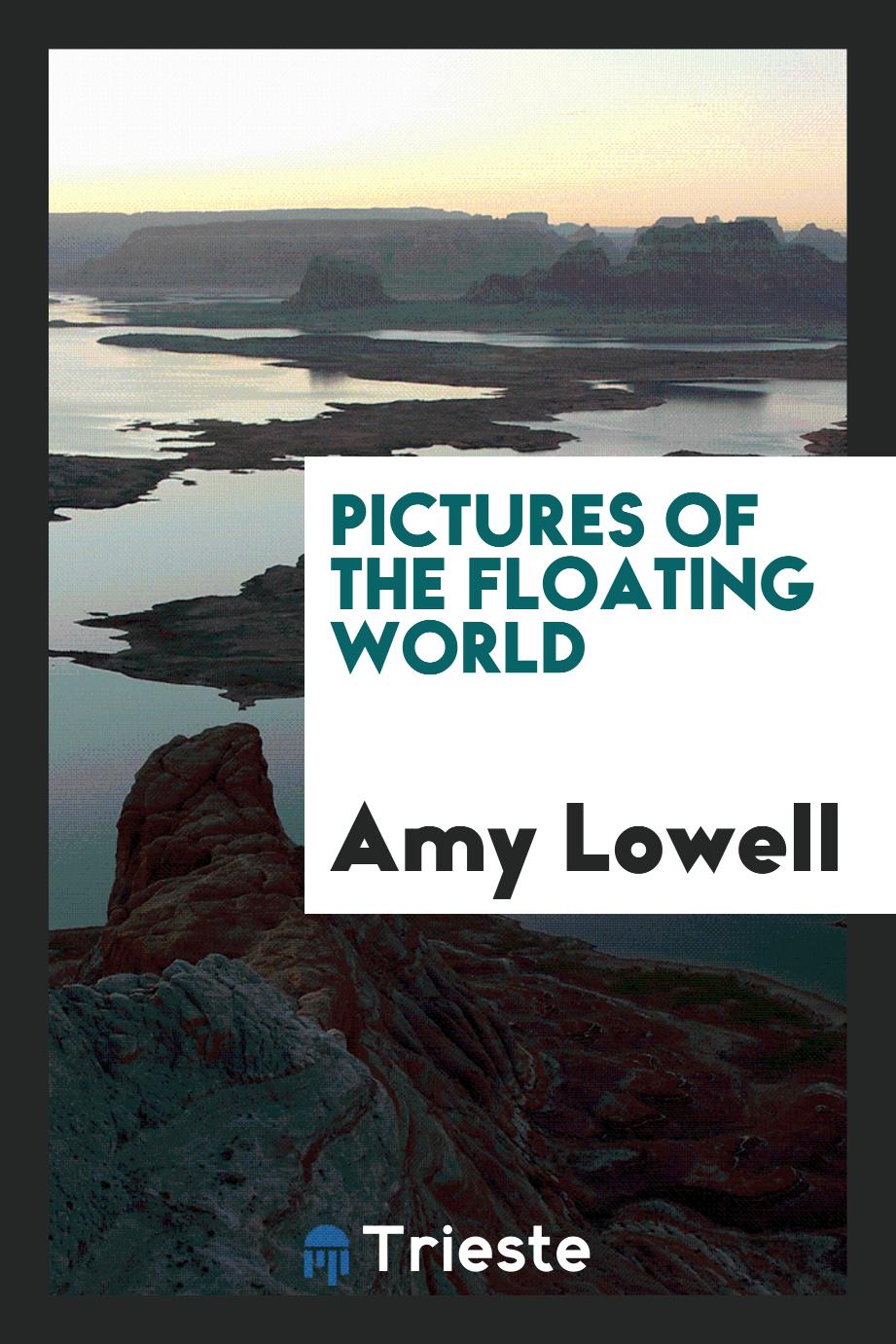

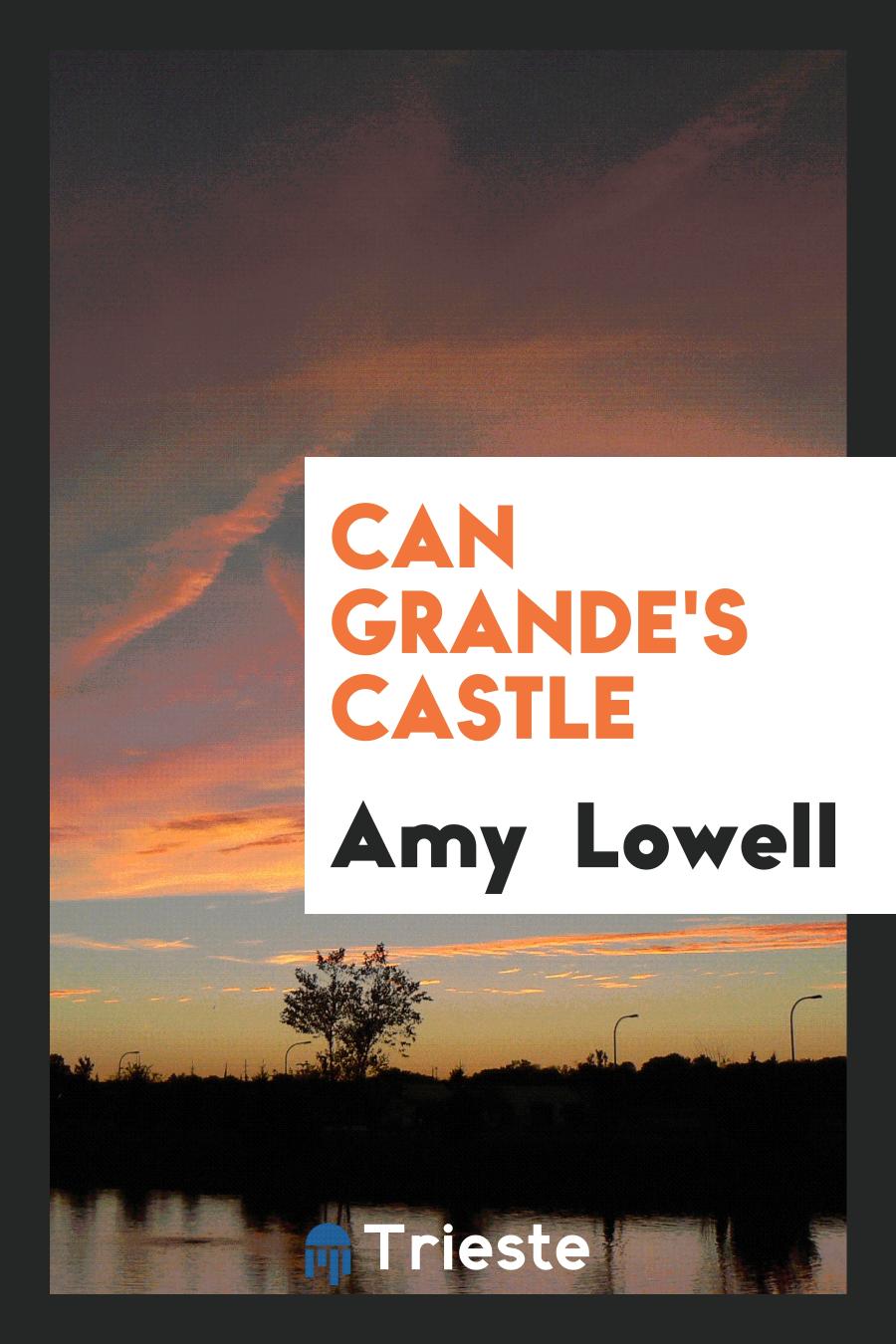
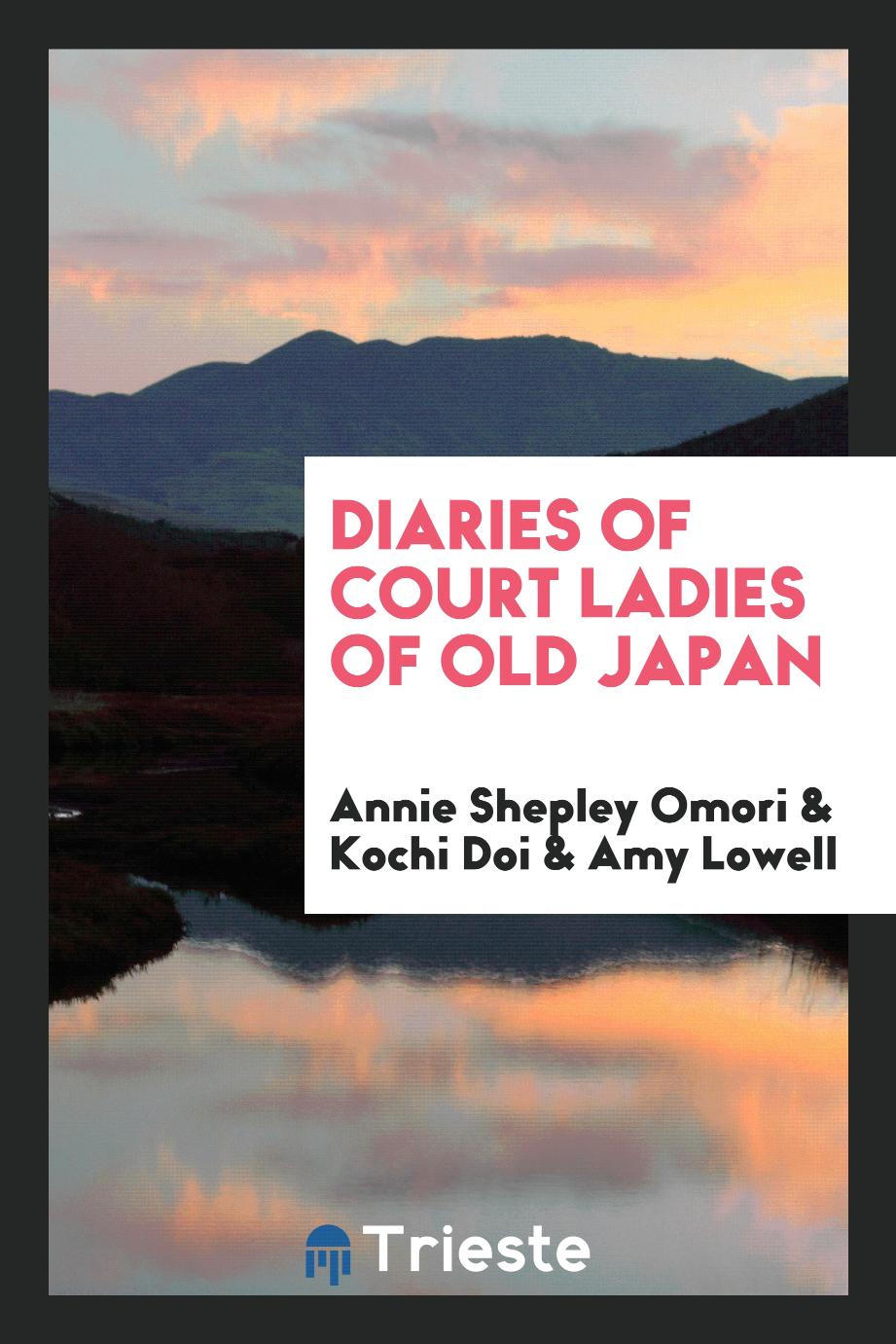
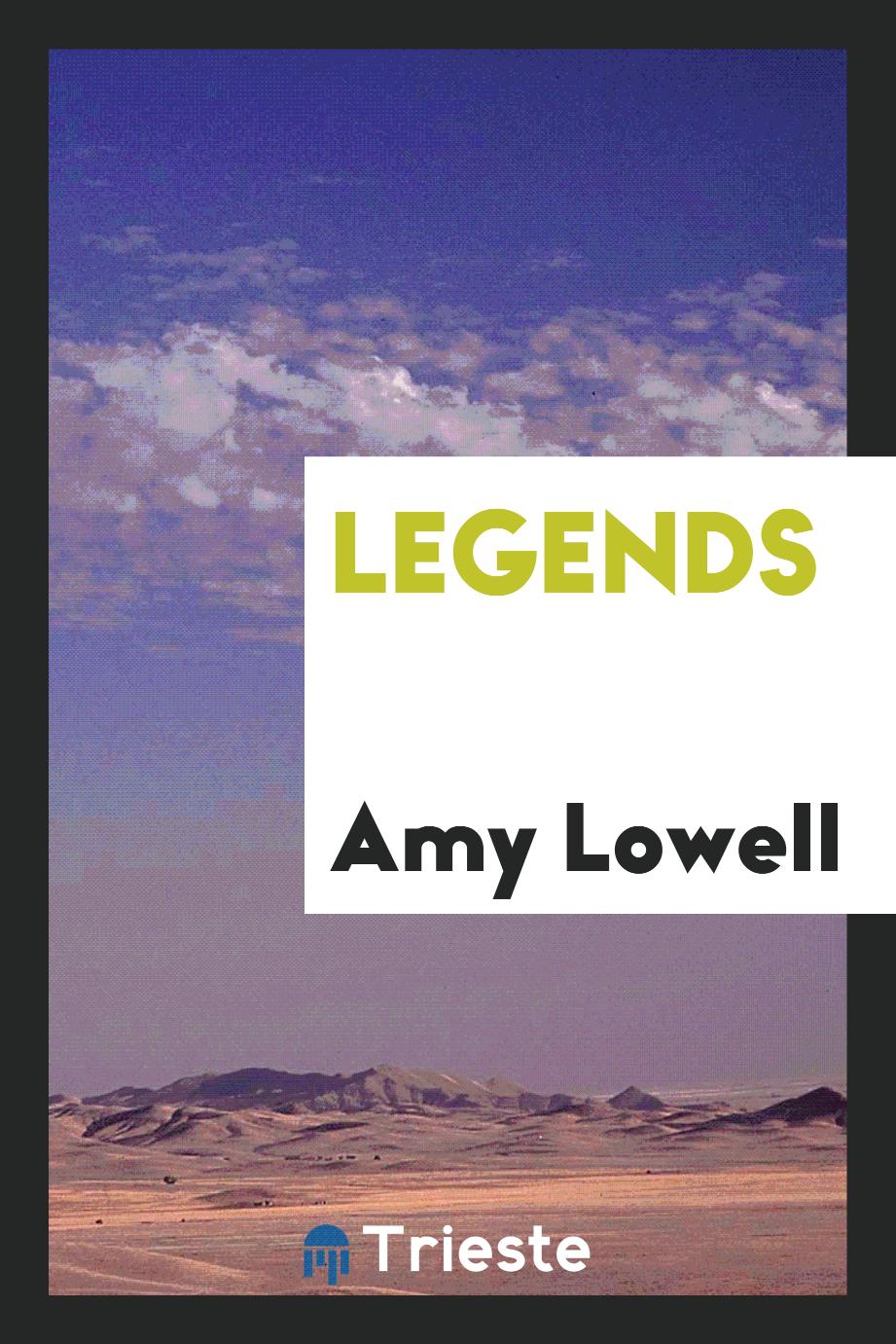
![Pictures of the Floating World. [Boston-1921]](/uploads/books/403/9780649671403.png)
